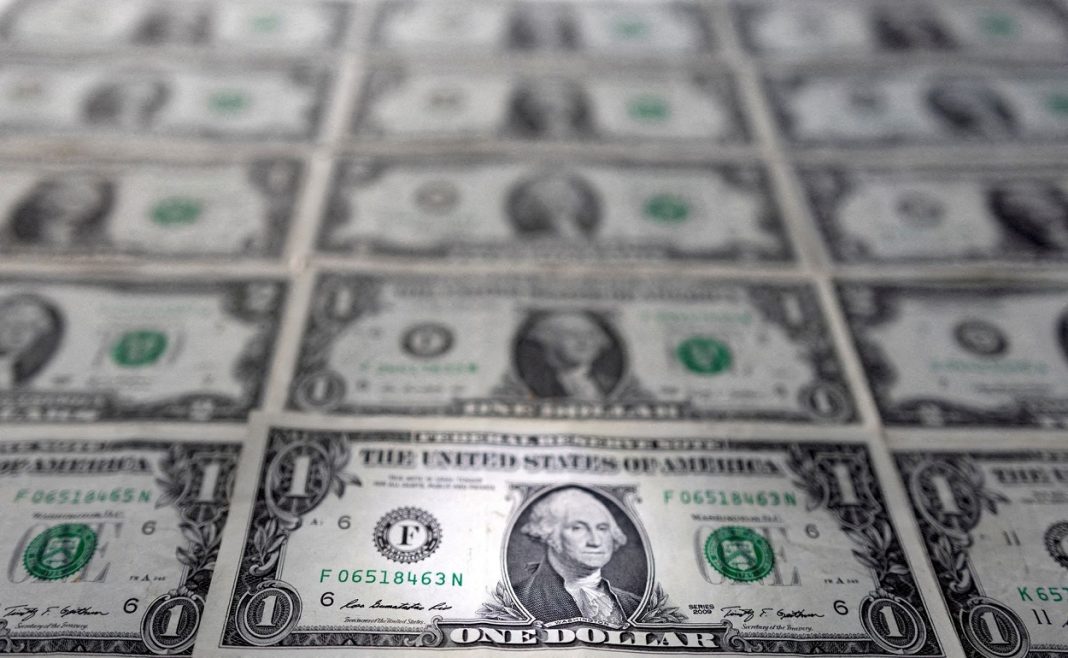Al-Allaq was quoted by Iraqi News Agency (INA) as making the remark in a Sunday meeting with the heads of the boards and authorized directors of the banks licensed in Iraq.
“The coming year will witness the restriction of internal commercial and other transactions to the Iraqi dinar instead of the (US) dollar, except for those delivered to travelers,” he stated.
The official added that the measure was aimed at “controlling the general level of prices and lowering the inflation rate, which is a basic indicator of the effectiveness of monetary policy.”
Al-Allaq noted “the new system of external transfer and sale of the US dollar” was meant to combat money laundering and financing of terrorism, and was also aimed at facilitating direct relations between Iraqi banks and their international counterparts.”
The new development came as the global drive toward de-dollarization rages on unabated amid growing efforts by different countries to ditch dependency on the US dollar and trade with their own national currencies.
US Treasury Secretary Janet Yellen said in the middle of June that Washington should expect a gradual decline in the dollar’s share of the global reserves, as the global de-dollarization move gains momentum.
“We should expect over time a gradually increased share of other assets in reserve holdings of countries — a natural desire to diversify,” she stressed.
Yellen acknowledged that the use of sanctions has motivated some countries to look for currency alternatives.
At present, all indicators show that the amount of US dollars held in reserves by non-US central banks has fallen to its lowest level.
The weaponization of the US dollar in addition to the imposition of US sanctions on perceived adversaries have made other countries wary of utilizing the greenback in their financial transactions.
